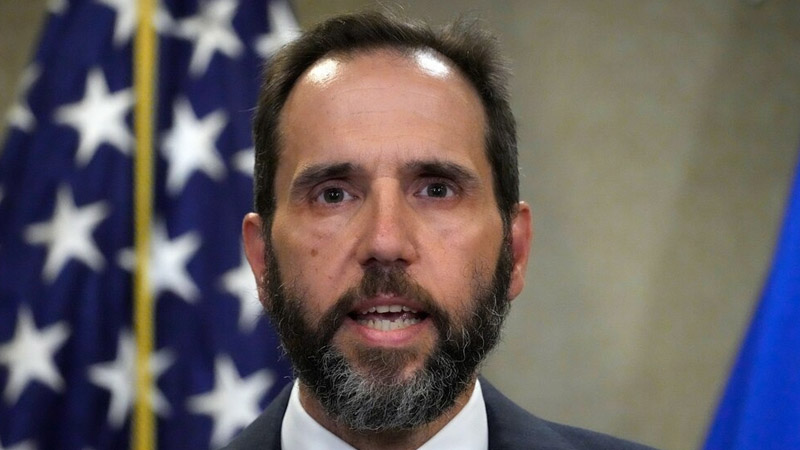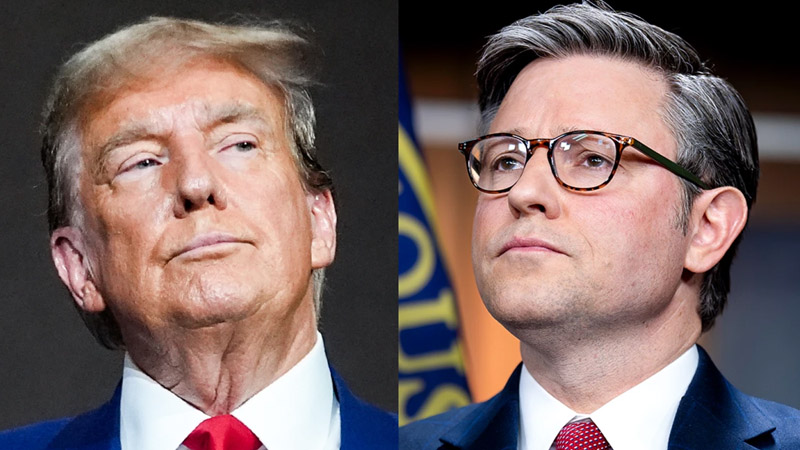Special Counsel Jack Smith to Hold Private Meeting with Judge Aileen Cannon Amid Trump Indictments

REUTERS/Jonathan Ernst
Special Counsel Jack Smith is scheduled for a private meeting with Judge Aileen Cannon, setting the stage for a significant, albeit confidential, discussion. This closed-door session, slated for January 31, excludes former President Donald Trump and his legal team, centering around two indictments Smith has levied against Trump.
These charges, rooted in Florida, encompass 32 counts related to the unlawful retention of national defense information, alongside eight additional charges, including false statements and conspiracy to conceal. Trump has vehemently denied all allegations, dismissing them as politically motivated attacks.
The upcoming ‘ex parte’ hearing, a legal proceeding conducted in the absence of the affected parties and without a public transcript, revolves around the Trump legal team’s request for access to restricted documents due to their sensitive content. In a December motion, Trump’s attorneys sought “attorneys’-eyes-only” access to these documents to effectively challenge Smith’s claims in a confrontational legal setting, As reported by Newsweek on Monday, January 29, 2024.
The implications of this meeting for the trial are profound. Should Judge Cannon’s ruling favor Trump, even partially, an appeal by the Justice Department (DOJ) is anticipated. This appeal would be interlocutory, necessitating further judicial action before the trial’s commencement, potentially postponing the trial date currently set for May 20 of this year.
Former U.S. Attorney Joyce Vance commented on the potential for a swift appeal process by Smith’s office if Judge Cannon dismisses the prosecution’s arguments. Vance noted, “While we won’t learn much, if anything, about what happens when the Special Counsel’s team sits down with Judge Cannon, we’ll find out if they object to anything that happened fairly quickly, in the form of a notice of appeal to the 11th Circuit.”
Central to the case and the forthcoming hearing is the Classified Information Procedures Act (CIPA), which governs the handling of classified information in legal proceedings. According to the DOJ, CIPA is applicable both when the government intends to use classified information as part of its case and when the defendant seeks to use such information in defense. The act mandates that Smith and his team identify documents that may contain sensitive information, leaving it to the court to decide on their exclusion from discovery.
CIPA’s section four allows for the government to outline which documents are considered sensitive in a private, ex parte session. The inclusion of documents under this section also aims to prevent “graymail,” a tactic where defense attorneys request classified information, hoping that the charges will be dropped by prosecutors to protect national secrets.
The timing of this hearing has drawn attention, particularly given the sequence of legal filings; Smith’s team submitted their section 4 motions on December 6, followed by a response from Trump’s legal team on December 20, highlighting the intricate legal maneuvers unfolding in this high-profile case.


